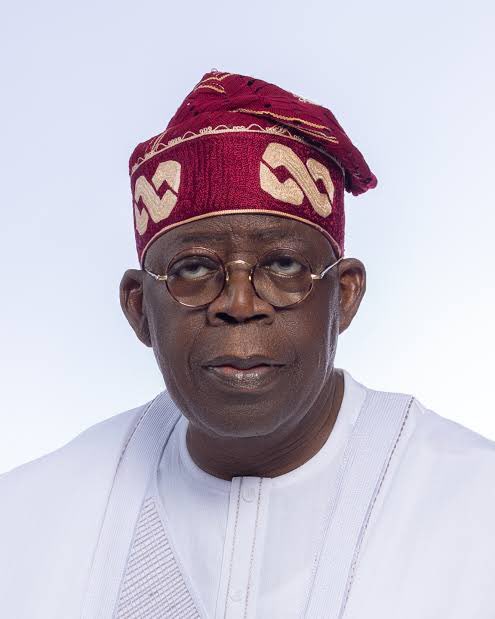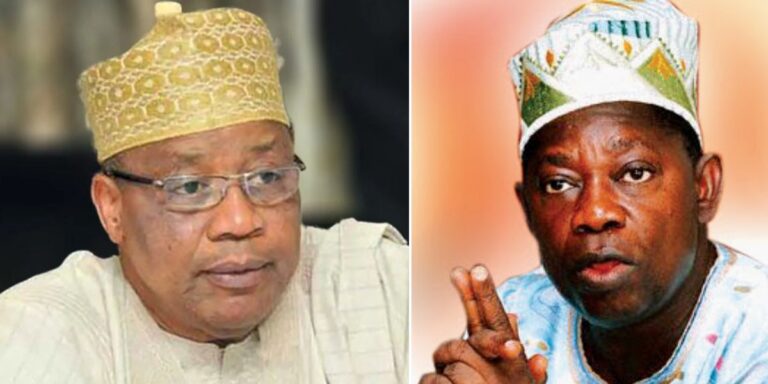
Last week, the Supreme Court affirmed the financial autonomy of Nigeria’s 774 local governments. In the unanimous judgment of its seven-member panel , the Supreme Court upheld the suit brought by the federal government to strengthen the independence of local governments in the country.
The news was greeted with cheers by most Nigerians. Some Nigerians are clinking glasses, seeing this autonomy as the beginning of El-Dorado. You know Nigerians love buzzwords and see some things as the silver bullet to end all our woes, but we always end up disappointed.
Almost all the governors agreed with the decision of the apex court, as if they had a choice anyway.
The implication of the judgment is that development will reach the grassroots faster. Presently, over 13 states are planning on holding LG polls.
In a way, I am not too excited about the development, and my reasons are not far-fetched. Many Nigerians opine that it is easier to hold local government chairmen accountable, but I don’t agree with that. With this judgment, all I see is the creation of another set of emperors and demigods at the local government level. An average Nigerian sees power as a means to their turn to eat the national cake.
I can bet my last money that some of the current local government chairmen are already thinking of marrying new wives, buying new houses, and ordering the latest SUVs. Some of them are already imagining driving around the local governments in a convoy with sirens, disturbing the peace of the community. They are already dreaming of allocating lands to cronies and new girlfriends. Governance is the last thing on most of their minds. That is who we are; that’s the way an average politician thinks in this country.
In Nigeria, the whipping boys for all our problems in the country are the federal government. Governors get away with everything, and there is little or no opposition in states. The state legislature is just an extension of the government house. Most Nigerians spend the whole day criticizing and knocking the federal government and even forget they have governors. If we can hold governors accountable, it will go a long way in this country.
No doubt, granting financial autonomy is a big win for grassroots democracy, but if the state electoral commissions are allowed to conduct local government elections, then the work done is zero. It’s no secret that elections don’t take place at the local government level but are a selection process. Elections in states are usually a big joke. The ruling party at the state wins all the LGAs; no crumb is left for the opposition. So I strongly believe the constitution should be amended to allow the Independent National Electoral Commission (INEC) to conduct local government elections. Even though it may not be perfect, it’s still miles better than state electoral bodies.
We need to attract quality people to take over at the local government level. I have consistently said on this page that one person cannot change Nigeria. There is little that the president can do; we need quality people at all levels of governance. But if we don’t have strong institutions to checkmate the deviant behavior of our politicians, local government autonomy will not achieve the desired results.
Our systems are so weak in the country; that’s why we see a single politician cornering 100 billion of state funds and, at the end of the day, getting away with it. We hear of civil and public servants stealing billions of naira, and the criminal justice system is very slow.
This also brings me to a report that the House of Representatives passed for second reading a bill for a single six-year tenure for presidents and governors. This brings me to the earlier argument that Nigerians are obsessed with new buzzwords. Changing to a parliamentary or a single-term system won’t change anything. Our problem is leadership, and it doesn’t matter which kind of system we practice; it will always give the same result.
By Leadership News


